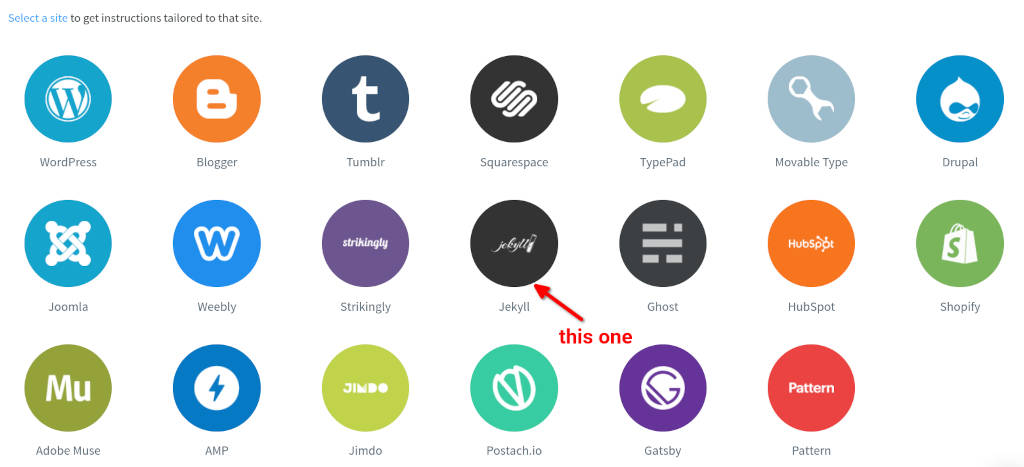Adding Comments Section To Jekyll
As you know, I have recently migrated from Wordpress to static web hosting using Jekyll. But a couple of things were missing on my blog at that time. One was comments section and the other was a search feature. Since I moved to static web hosting, adding a comments engine was not possible. I did not want to add comments section anyway because there weren’t that many comments to start with and I also did not feel like a lot of interaction is happening anyway. Unfortunately a couple of folks noticed that the comments section was missing and were asking me about it. I thought no one would notice, but I was wrong. So I decided to add it grudgingly.
Disqus
I started scouting for some good free third-party comments engines that I can just plug in to Jekyll. Eventually I landed on Disqus. Disqus has a free and paid offering. The free one shows ads in the comments section and that is how they keep it free. I did not mind that because after all they are offering something for free and very few if any visit my blog’s comments section. I felt like it is a nice compromise. Those who don’t need comments will never have to deal with ads, and those who want to comment will have to contend with some ads.
It is quite easy to get started on Disqus. First you need to sign up for an account which I did. Then you need do some basic setup. Have to create a shortname for Disqus comments and choose the category of your blog. After that I proceeded to “Installing Disqus”. Chose Jekyll as the platform and then followed the instructions.
Basically all you need to do is add a small script to each post where you want the comments section to appear. Once you add that script users can start commenting on your blog using Disqus account or as anonymous users or even using one of the social logins such as Google, Twitter etc. This is great that things just work out of the box. I did not have to do anything special.
Importing comments from WordPress
The good thing about Disqus is that it can import comments from WordPress blog too! That means all the comments from my WordPress blog can show up in Jekyll site. I followed the instructions on importing comments from WordPress using the manual approach. This was a bit more work than I thought, but it wasn’t all too bad. Basically I had to disable all plugins on my WordPress site. Then go to WordPress Settings and export all the content from there. Made sure I got a valid dump using W3C xml validating tool.

Then I went over to Import section of Disqus and imported the WordPress file that I exported earlier. The import happened pretty quickly since I did not have a lot of comments on my blog.
Did not work out
Everything was working fine. All my old comments showed up and new comments could be added. However, I did not stick with Disqus. The thing that I did not like about it (in addition to the ads) is that it requires commenters to create a Disqus account. This is not just for anonymous users, but it also applies to social accounts. Why would anyone want to create another account in Disqus if they already have a social login?
Moreover, it completely defeats the purpose of an anonymous comment. Why would you want to create an account just to post an anonymous comment? I respect the privacy of the readers and if they don’t want to comment with a login, they should be able to. So I started looking for other alternatives but could not find any that is free. Eventually I had to run my own server with a comments engine.
The next comments engine that I liked but had to be hosted on a server was remark42. I wanted to write about its setup and configuration in this post, but then the post became extremely long. So I will continue that in a future post. I understand that some of these posts about my projects are probably not something many of my readers like, but I wanted to write down my daily work, thought process and findings so it might help someone on the net who is looking for solutions to similar problems that I am facing. Bear with me. Anyway there isn’t much to write about the stock markets now-a-days.


